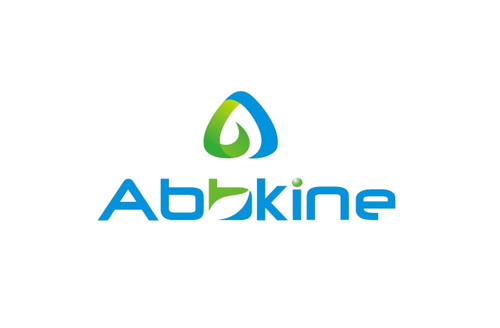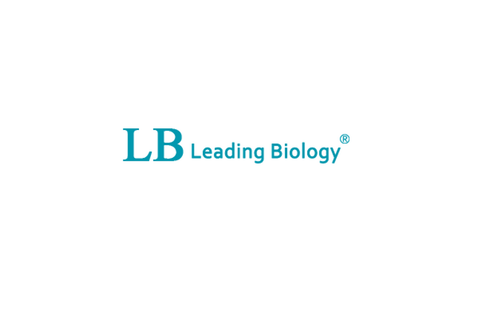Product Description
Rat Tyrosine-protein kinase JAK3 (JAK3) ELISA Kit | AE58478RA | Abebio
Species Reactivity: Rat (Rattus norvegicus)
Abbreviation: Jak3
Alternative Name: JAK-3; JAK3_HUMAN; JAKL; L-JAK; LJAK; Janus kinase 3 (a protein tyrosine kinase; leukocyte) |leukocyte Janus kinase|tyrosine-protein kinase JAK3
Application: ELISA
Range: 15.6-1000 pg/mL
Sensitivity: 6.2 pg/mL
Intra-Assay: ≤6.1%
Inter-Assay: ≤10.8%
Recovery: 1, 01
Sample Type: Serum, Plasma, Other biological fluids
Detection Method: Sandwich
Analysis Method : Quantitive
Test Principale: This assay employs a two-site sandwich ELISA to quantitate Jak3 in samples. An antibody specific for Jak3 has been pre-coated onto a microplate. Standards and samples are pipetted into the wells and anyJak3 present is bound by the immobilized antibody. After removing any unbound substances, a biotin-conjugated antibody specific for Jak3 is added to the wells. After washing, Streptavidin conjugated Horseradish Peroxidase (HRP) is added to the wells. Following a wash to remove any unbound avidin-enzyme reagent, a substrate solution is added to the wells and color develops in proportion to the amount of Jak3 bound in the initial step. The color development is stopped and the intensity of the color is measured.
Product Overview: JAK3 encodes Janus kinase 3, a tyrosine kinase that belongs to the Janus family. JAK3 functions in signal transduction and interacts with members of the STAT (signal transduction and activators of transcription) family. JAK3 is predominantly expressed in immune cells and transduces a signal in response to its activation via tyrosine phosphorylation by interleukin receptors. Since JAK3 expression is restricted mostly to hematopoietic cells, its role in cytokine signaling is thought to be more restricted than other JAKs. It is most commonly expressed in T cells and NK cells, but has been induced in other leukocytes, including monocytes. Jak3 is involved in signal transduction by receptors that employ the common gamma chain (γC) of the type I cytokine receptor family .
Stability: The stability of ELISA kit is determined by the loss rate of activity. The loss rate of this kit is less than 5% within the expiration date under appropriate storage condition. The loss rate was determined by accelerated thermal degradation test. Keep the kit at 37°C for 4 and 7 days, and compare O.D.values of the kit kept at 37°C with that of at recommended temperature. (referring from China Biological Products Standard, which was calculated by the Arrhenius equation. For ELISA kit, 4 days storage at 37°C can be considered as 6 months at 2 - 8°C, which means 7 days at 37°C equaling 12 months at 2 - 8°C) .
 Euro
Euro
 USD
USD
 British Pound
British Pound
 NULL
NULL








